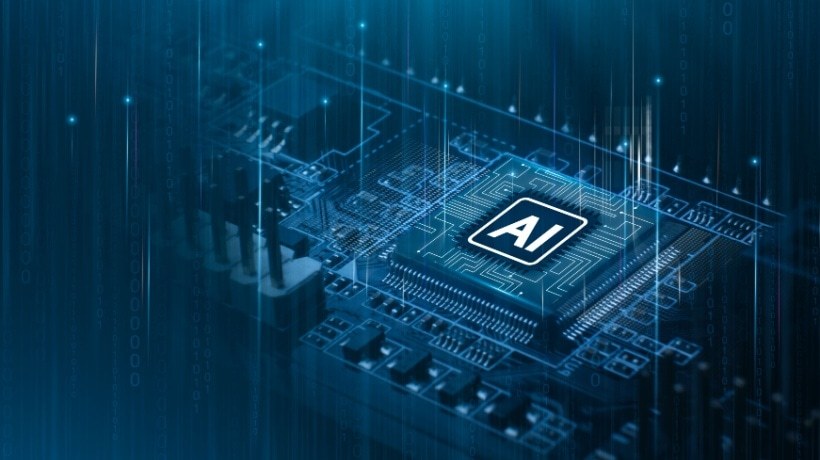
"Artificial Intelligence, often referred to as AI, has rapidly evolved from a futuristic concept into an everyday reality. It represents the ability of machines to mimic human intelligence-understanding language, recognizing patterns, solving problems, and making decisions. In simple terms, AI allows computers to "think" and "learn" from experience just like humans do. From voice assistants like Siri and Alexa to AI-driven healthcare diagnostics and autonomous vehicles, AI is already embedded in many aspects of our lives."
"AI operates through the combination of data, algorithms, and computing power. It analyzes massive amounts of data, identifies hidden patterns, and learns from them to make predictions or decisions. At the core of AI is Machine Learning (ML)-a branch of AI that trains machines using data rather than explicit programming. The more data an AI system processes, the more intelligent it becomes."
Artificial Intelligence enables machines to mimic human intelligence by understanding language, recognizing patterns, solving problems, and making decisions. AI systems learn from experience by processing large datasets and improving performance over time. Machine Learning trains models using data rather than explicit programming, while Deep Learning employs artificial neural networks to detect complex patterns in images, speech, and text. AI powers voice assistants, healthcare diagnostics, and autonomous vehicles, and it can analyze medical images, detect early cancer signs, and assist in drug discovery. Financial institutions use AI for fraud detection, investment management, and personalized advice. AI increasingly reshapes daily life and industry operations.
Read at eLearning Industry
Unable to calculate read time
Collection
[
|
...
]